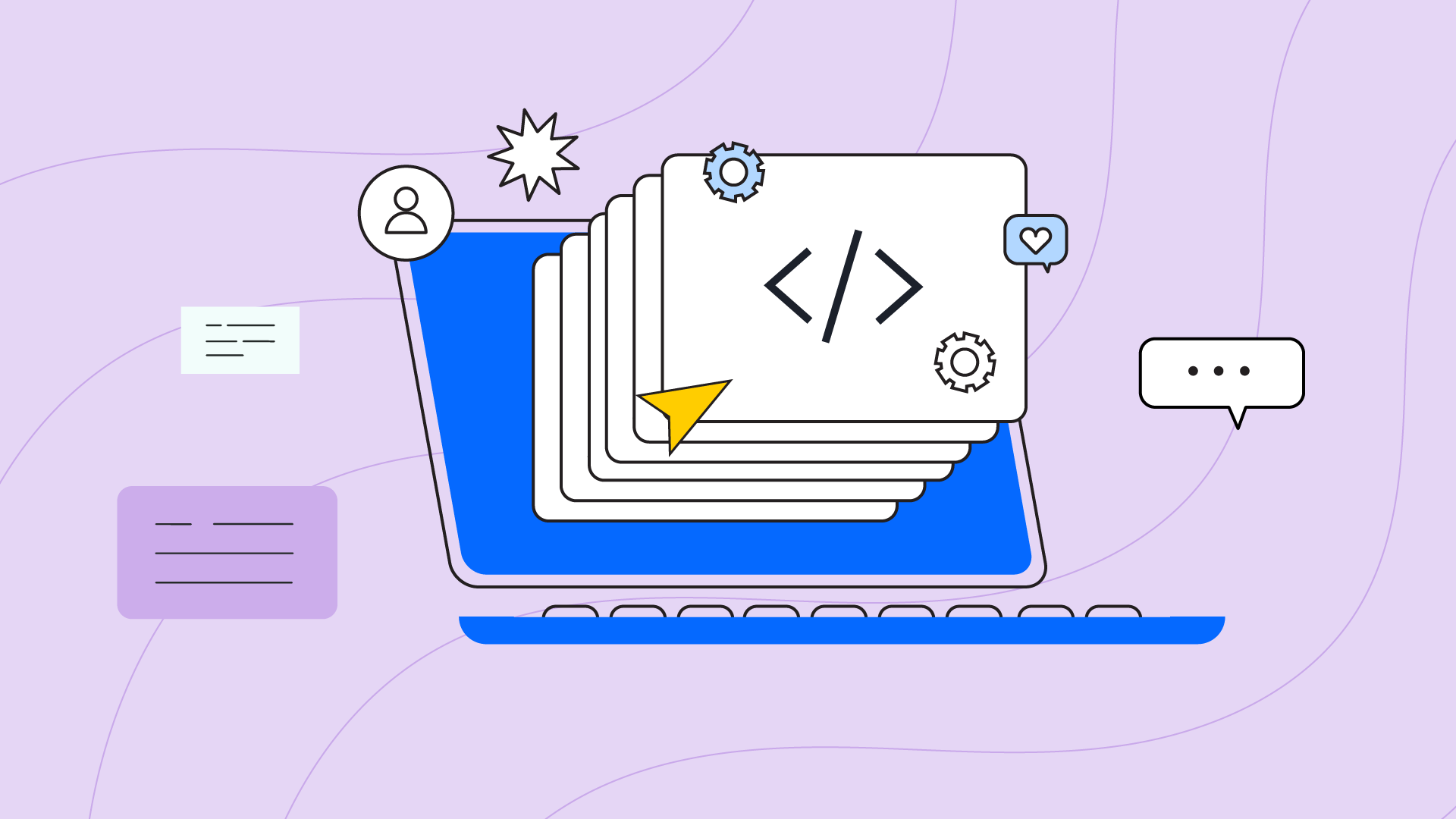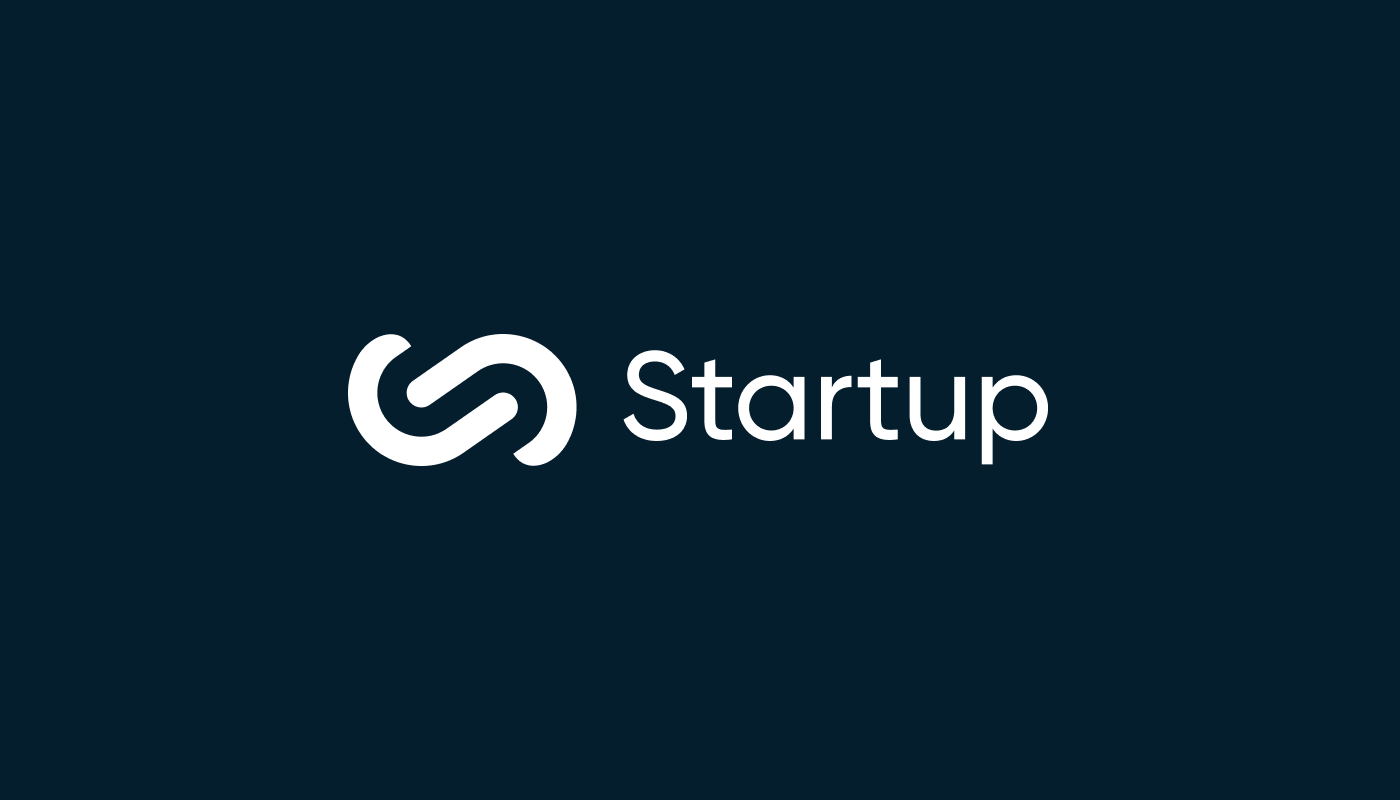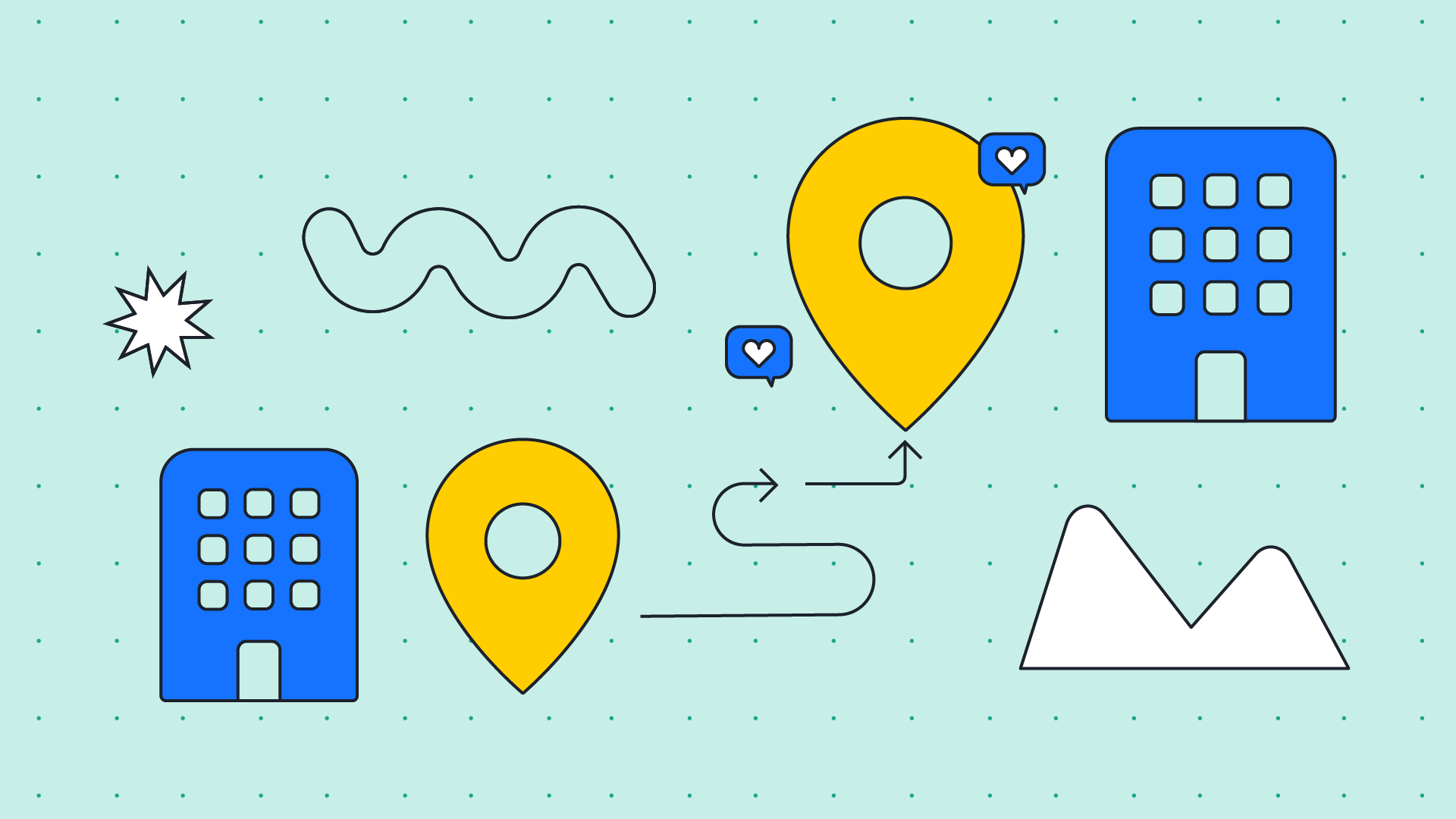AI is my teacher
AI can help people level up a lot quicker in Google Analytics 4 and digital performance data. It’s a great opportunity for everyone to broaden their skillset, especially those with strong communication skills.
Good tech helps people, and the driver for good tech is understanding and connecting with our users. AI can help, making it easier to learn to use GA4 and other tools, and finding insights in large data sets. It lowers some of the technical barriers that may have blocked us in the past.
AI is the expert in the room, helping us find solutions to complex problems.
Of course, AI has limitations. It’s dangerous to go too far beyond our own knowledge because AI often gets it wrong. There are risks of applying GA4 data inconsistently, and not seeing the complete picture.
Instead of fearing that AI will take our jobs, or dismissing it as useless, let’s take a middle ground and see the opportunities. AI can help us learn new skills. It’s a great idea generator and problem solver in combination with our own knowledge and expertise.
The loudest voices in the room
In social media I’m seeing three main perspectives on AI:
- AI will replace us in our jobs.
- AI is totally over-hyped and useless.
- I am the gatekeeper to using AI well and you will pay me lots of money to teach you or work for you.
We need to listen to the balanced voices paving the middle ground, finding opportunities while acknowledging limitations, and sharing their experiences in real world applications of AI.
If we’re not part of AI’s development, our voices may not be heard.
‘Opting out of AI isn’t resistance. It's erasure.’
Pamela Minnoch, Paadia Technology(opens in new tab)
Tools as liberators
Tools can reduce the technical expertise needed to get something done, and of course AI is supercharged in this respect.
Tools have really opened doors for me in the past. In the late 2000s I moved from a backwards, restricted tech environment into a tech-forward workplace. This enabled me to do so much more than I had before — I remember the feeling of liberation when I could quickly whip up a Google Slides presentation to present to my colleagues, instead of feeling totally bamboozled by PowerPoint. Tools shape and enable workplace culture, for good and for bad.
Google Analytics itself is a democratic tool, taking data out of the hands of data scientists and statisticians and making it usable for everyone. Don’t get me wrong, I know how frustrating it can be! But you don’t need a data science degree to use it.
AI is another helpful tool.
AI simplifying a complex digital world
AI can help us navigate complex online tasks across different platforms. When it works, it feels like the antidote to an increasingly confusing digital space. At Lanalytics(opens in new tab), I use ChatGPT to understand how different tools operate together. I recently held a webinar, and I was trying to work out how to use Mailchimp and Zoom in the most efficient way. ChatGPT calmly answered my questions about how the tools worked together, and saved me hours of trawling online guidance and testing solutions.
In saying this, I’m interested to see how the AI engines work together. I have this vision of Claude, Perplexity and ChatGPT in a meeting room, arguing about the best way to get Neil from the Sales team up on the screen.
Words-people will prosper
Many are trying to commodify AI, and position themselves as AI gatekeepers with expert ‘prompts’ and agents. But AI is based around natural language — a conversation will take you a long way. The people who will get the most out of AI are the people who can articulate their needs clearly.
‘AI adoption isn’t a tech problem, it’s a thinking problem.’
Emily Makare Broadmere
Smart people are using AI to improve the quality of their work, not reduce their workload
Andy Crestodina is a marketer who uses AI to make his work better, not to save time. He spends time gathering user data and uploading it into AI to better understand his audience and marketing performance. It’s this creative use of AI which will really serve us — finding different perspectives and solutions to inform the best outcomes.
Don’t go too far…
With AI, I can go a step or two beyond my knowledge. For example, I used SQL code to integrate GA4 data and LinkedIn data in the same chart in a Looker Studio dashboard. I don’t know SQL code, but I understood the logic of the solution, and could test that it worked properly.
That’s key — AI will only take you a step or two beyond your own knowledge.
Otherwise you get the feeling that Leisa Reichelt described so well on LinkedIn:
‘You're feeling buoyed with confidence and a sense of achievement whilst secretly worrying there might be something very wrong with what you've done and that you wouldn't have much of a clue because AI is helping you operate way outside your areas of competence.’
AI has limitations
There are the obvious limitations to consider — the environmental impact, and ingrained biases that can skew responses. There are also limitations that I’ve come across in my work with performance data.
In large organisations with complex websites there’s a risk of applying GA4 data inconsistently, and not seeing the complete picture.
Google Analytics is a language. The use of grammar can drastically change the meaning of a sentence, and similarly GA4 measures can mean very different things depending on how you analyse, combine and frame them. You need to have a good understanding of the logic behind the data to get dependable results.
AI doesn’t always see the full picture, it’s constrained by the parameters we give it, and has its own embedded biases.
AI is currently taking its knowledge from the sea of guff on the web. It doesn’t test the suggestions it provides, unless you’ve got an agent running a feedback loop with performance data. It often gets things wrong.
We need our real-world knowledge and experience to guide any actions we take from AI suggestions.
Summary: AI as leveler
Throughout my education I never considered a career in tech. I studied English Literature and got into content creation before my interest in psychology and usability led me to data.
Tech had a branding problem — the tech courses I saw had names like ‘Computer science’ and ‘Information Systems’, which left me cold because I couldn’t see the human element.
This idea of tech is misleading — communication and connection is the real driver of good tech, and digital products are useless if they don’t help people. AI helps us learn skills much quicker than we could have before, and removes technical barriers to understanding and connecting with our audience.
This is a time to use AI to expand our knowledge and make our work better, while using our real life experience to guide us.
Latest news
Did anything spark your interest?
Have you got an awesome new idea or project that you want to talk about? We're here to talk you through it.





